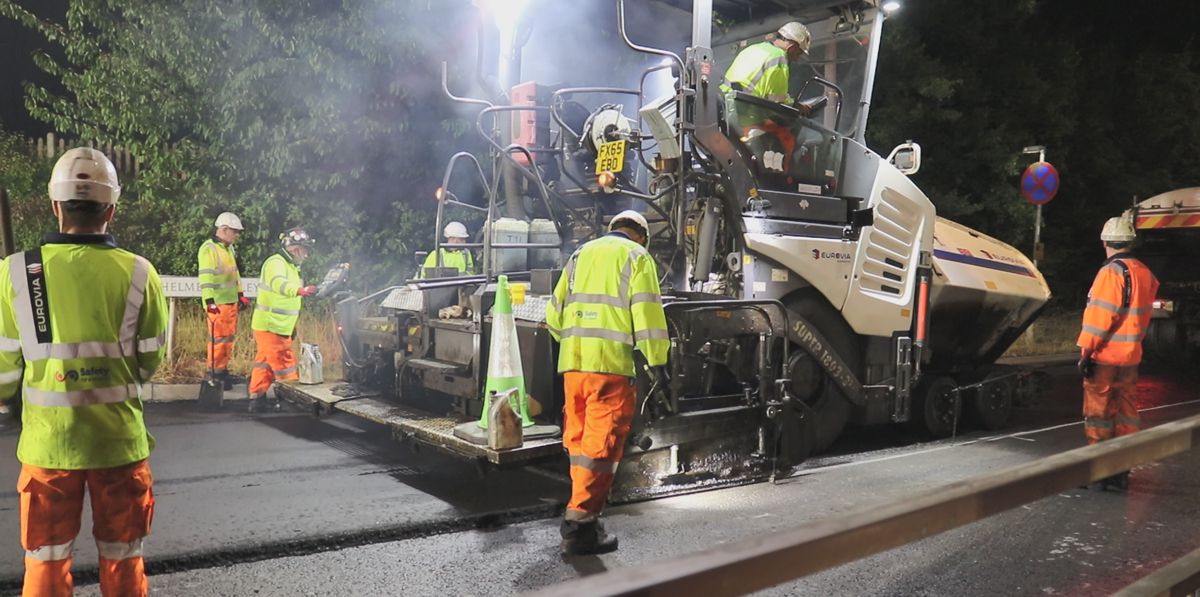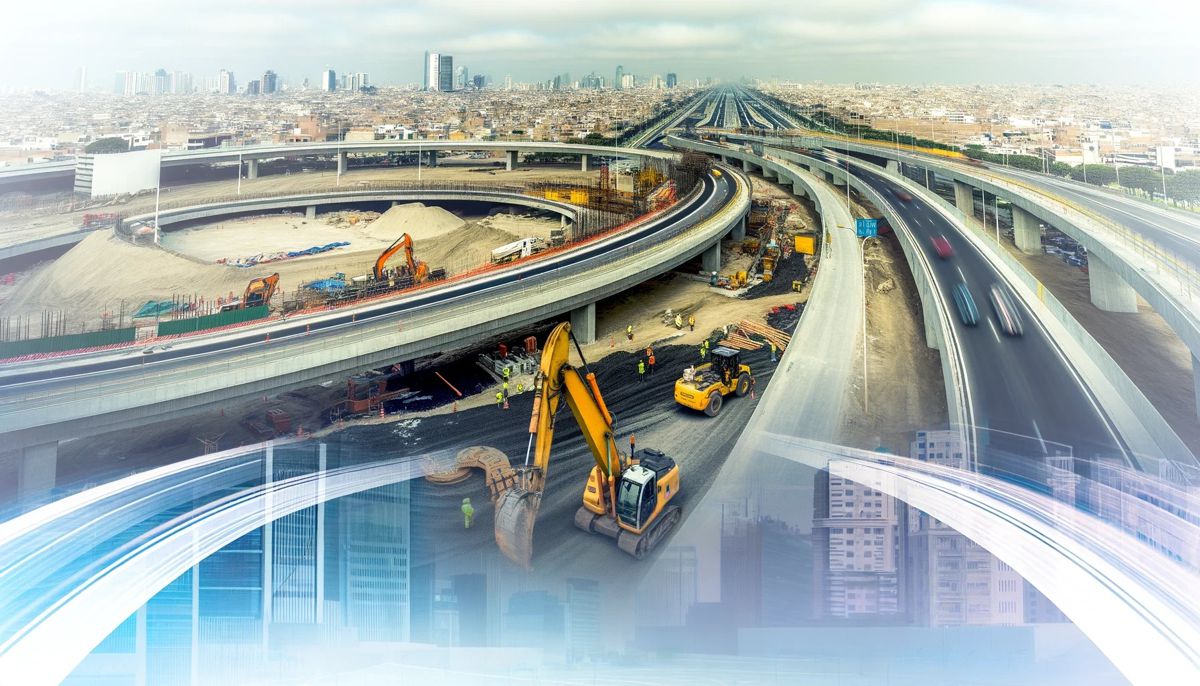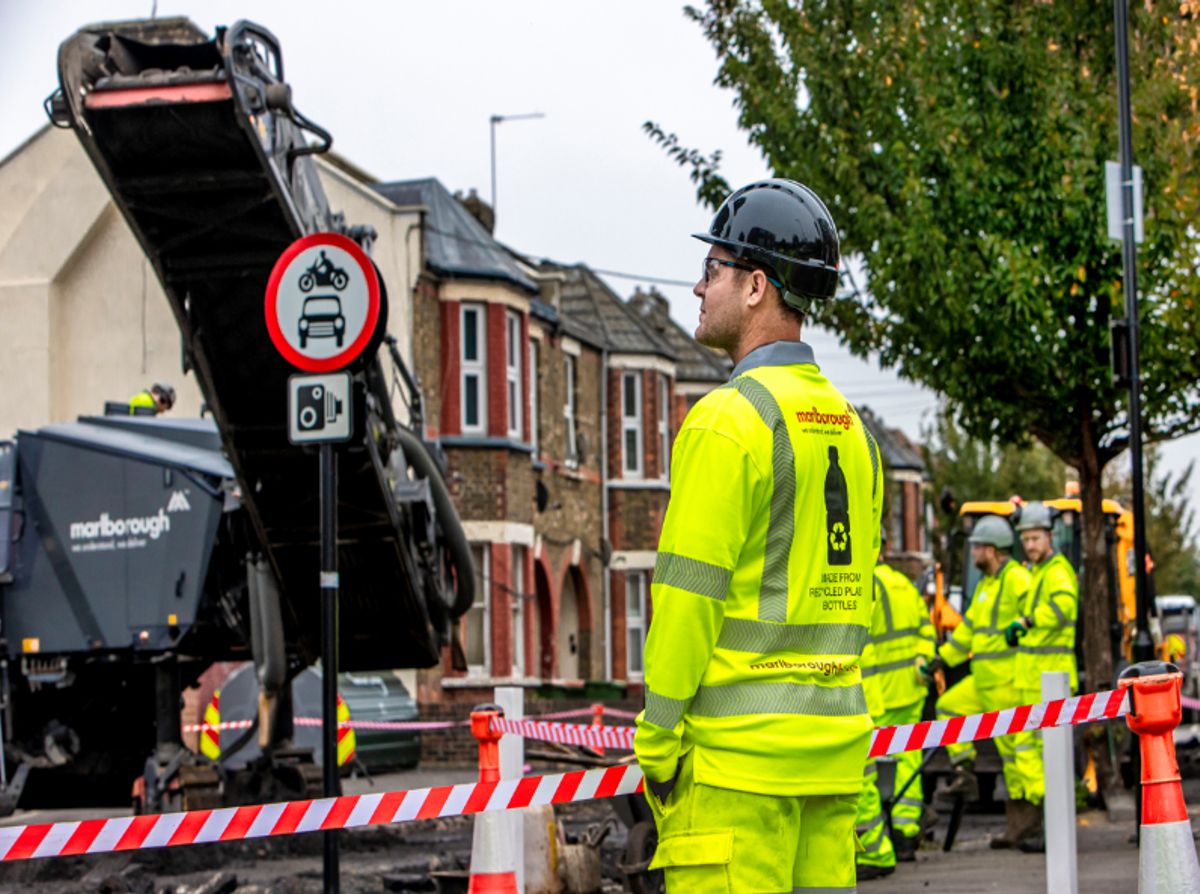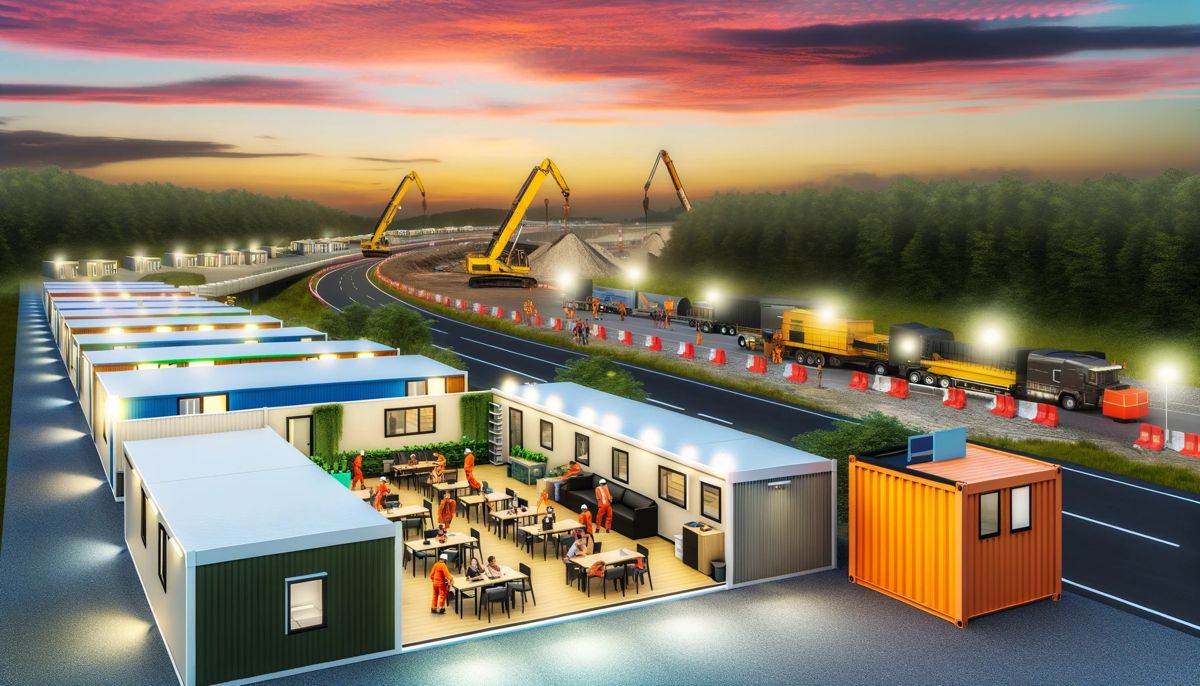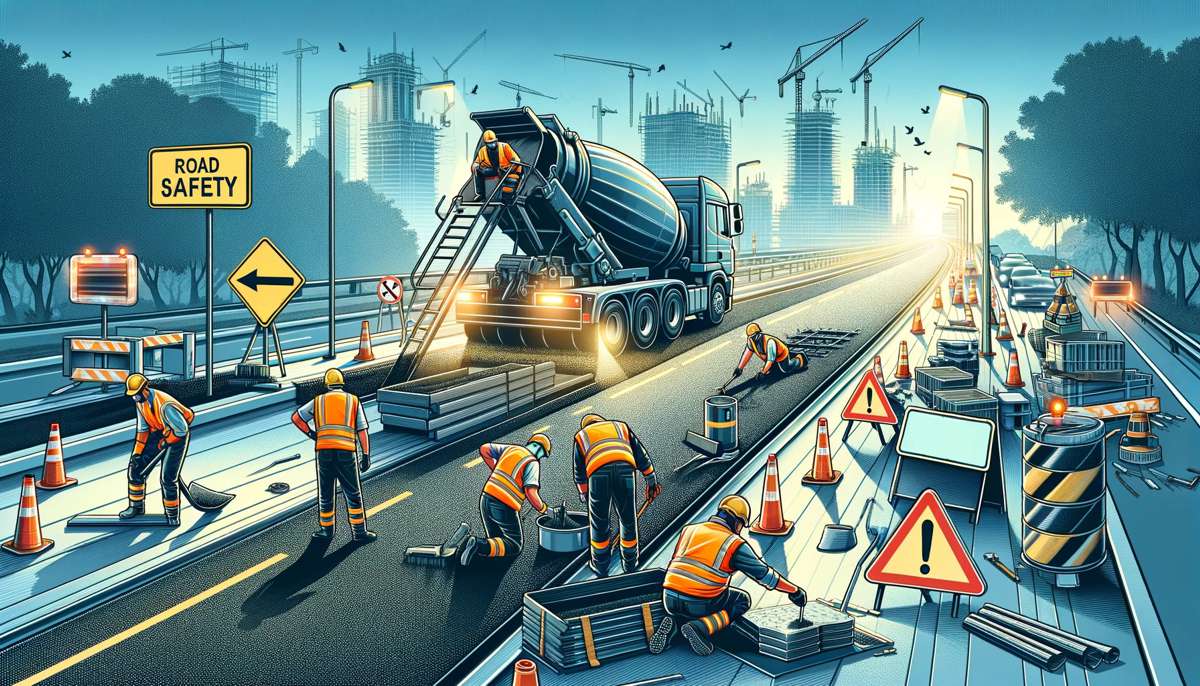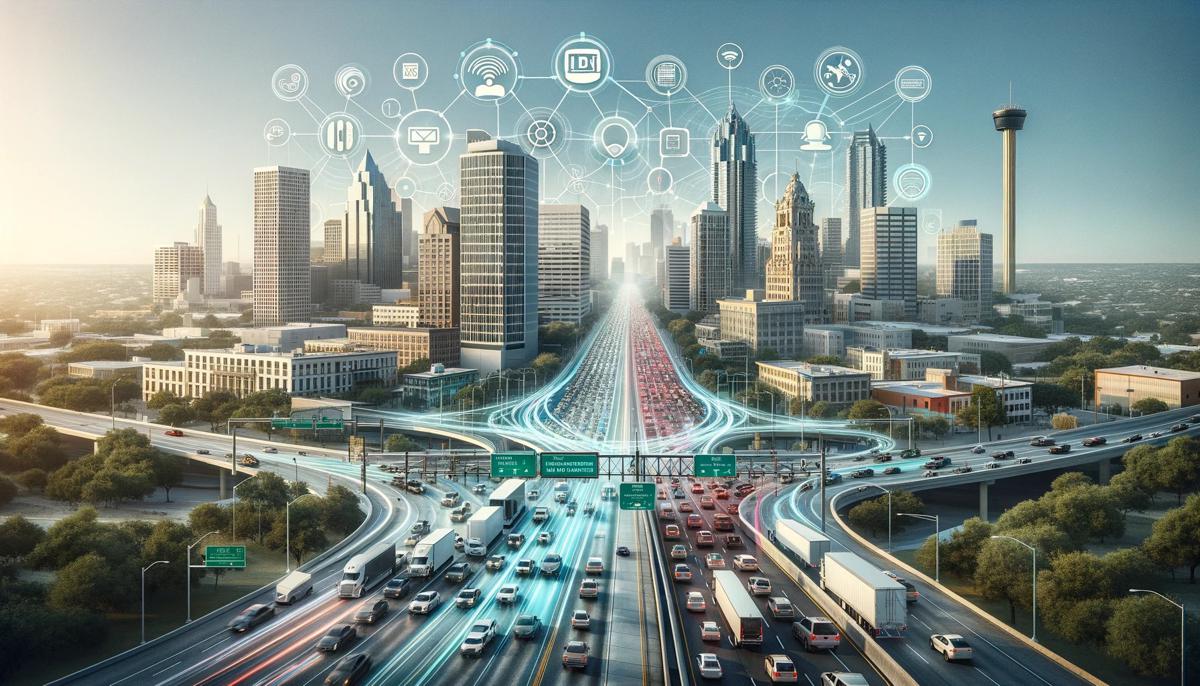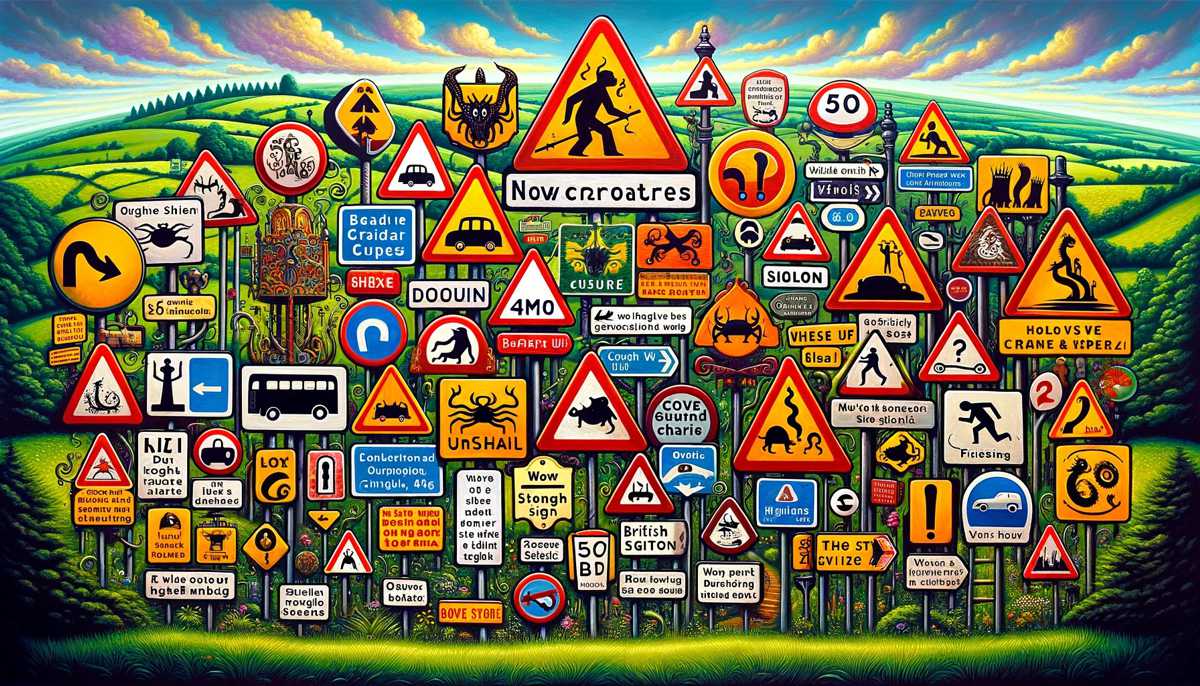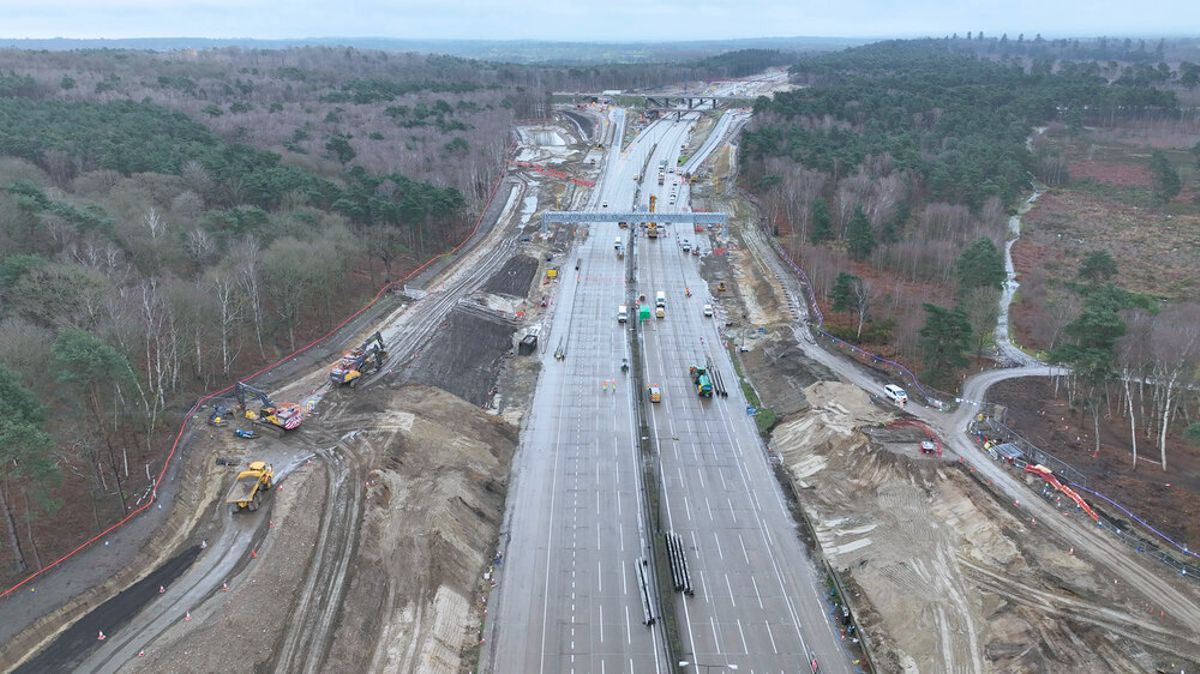Connected cities need connected car parks
A ‘connected city’, also known as a ‘smart city’, relies on an intelligent infrastructure which utilises the wealth of innovation and technologies created by Internet of Things (IoT) and applies them to urban needs. There is a plethora of new and emerging devices and equipment that can sense the environment and / or their own status, send data, and even receive commands – the data that they create and collate enables organisations and individuals to better navigate ‘the real world’ by predicting trends and providing real-time information and guidance.
The ‘connected car’ (not to be confused with the self-driving or semi-autonomous car), can be defined as “any vehicle equipped with internet access that allows data to be sent to and from the vehicle”. It’s estimated that, by 2020, 75% of new cars will be ‘connected cars’, bringing technology designed to make driving safer, more efficient and easier to use to the forefront of the driving experience.
Coupled with the advent of electric, semi-autonomous and, ultimately, artificial intelligence in cars, the driving experience is set to change rapidly over the next few years, and future-proofing car parks is a major challenge for the sector.
Car parks of the future
In the connected city environment, car parks will experience many changes as the domino effect of in-car innovation takes hold: connected cars create vast amounts of real-time data; semi-autonomous or self-driving vehicles will park themselves; electric vehicles will need to re-charge from car park docking stations; and parking fees will be processed via a virtual parking system using mobile payments.
As in-car technology becomes ever-more sophisticated it will rely on car park operators being able to share dynamic data about location, space availability, and pricing with a wide range of apps, road traffic management systems, vehicle-to-vehicle data, public transport, and journey planning systems. Incorporating parking data into the intelligent mobility infrastructure is a massive challenge which the sector has already started to work towards to some degree.
Many connected cars already offer parking information in their satellite navigation systems, but this content has historically been limited to static off-street parking data (location, number of spaces, fees, opening hours etc.), requiring a software update to remain current.
However, dynamic data relies on localised factors to detect real-time availability and surrounding traffic flow, which is why sensor based innovation, such as Clearview’s in-ground wireless bay occupancy sensors, is critical to the immediate future development of parking. Sensors can not only monitor the current parking situation, but also help to resolve the issue of congestion by providing the right intelligence to operators and drivers to optimise the parking experience.
When linked to the Insight® Parking software platform, our sensors can provide valuable real-time and historical intelligence about a car park’s use and enable operators to manage capacity to minimise user frustration. Live space availability information can be fed directly to Variable Message Signs to create an intelligent solution that provides users with real-time guidance information to efficiently guide them to an available space, reducing congestion and frustration.
Steering local authorities toward connected car parks
In a recent parking project in Guildford, Clearview Intelligence worked in collaboration with Ethos VO, Guildford Borough Council and Surrey County Council, to explore the potential of the GEOmii Parking Platform.
The project was part of a £1millon Innovate UK funded City Scale Demonstrator project. Guildford was selected as a trial site on the basis that it is a large town which experiences the typical challenges of many growing urban locations in relation to congestion and poor distribution of parking spaces.
The GEOmii Parking Platform uses Clearview’s parking bay sensors and loop detection counters to monitor car parking spaces in and around Guildford town centre. The system provides visibility over parking space occupancy and feeds live parking occupancy data to the system interface, enabling dynamic parking guidance to be relayed to drivers seeking a parking space in Guildford.
Rather than just providing real time traffic data, the Parking Platform uses a predictive algorithm to guide drivers to less congested areas where availability is expected. By directing drivers toward less popular parking facilities during peak traffic periods, the solution can help to reduce bottlenecks and congestion, and optimise revenue from all available parking assets.




